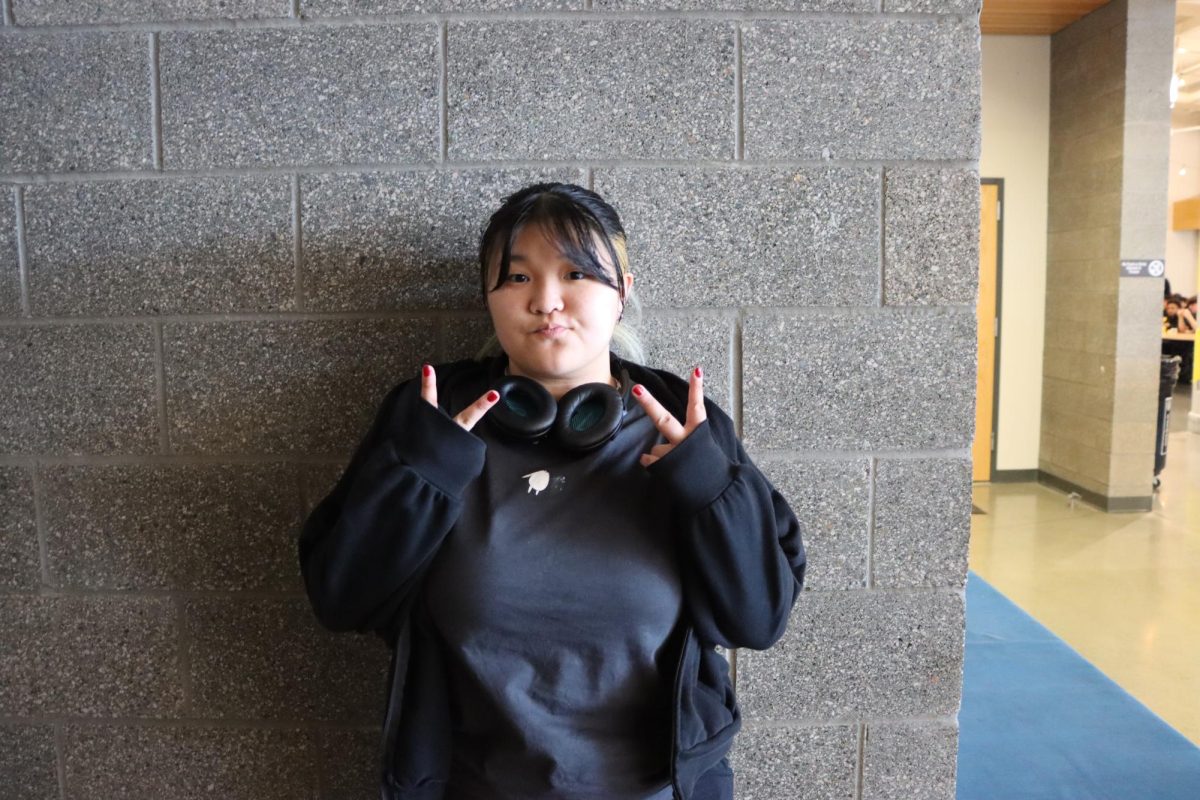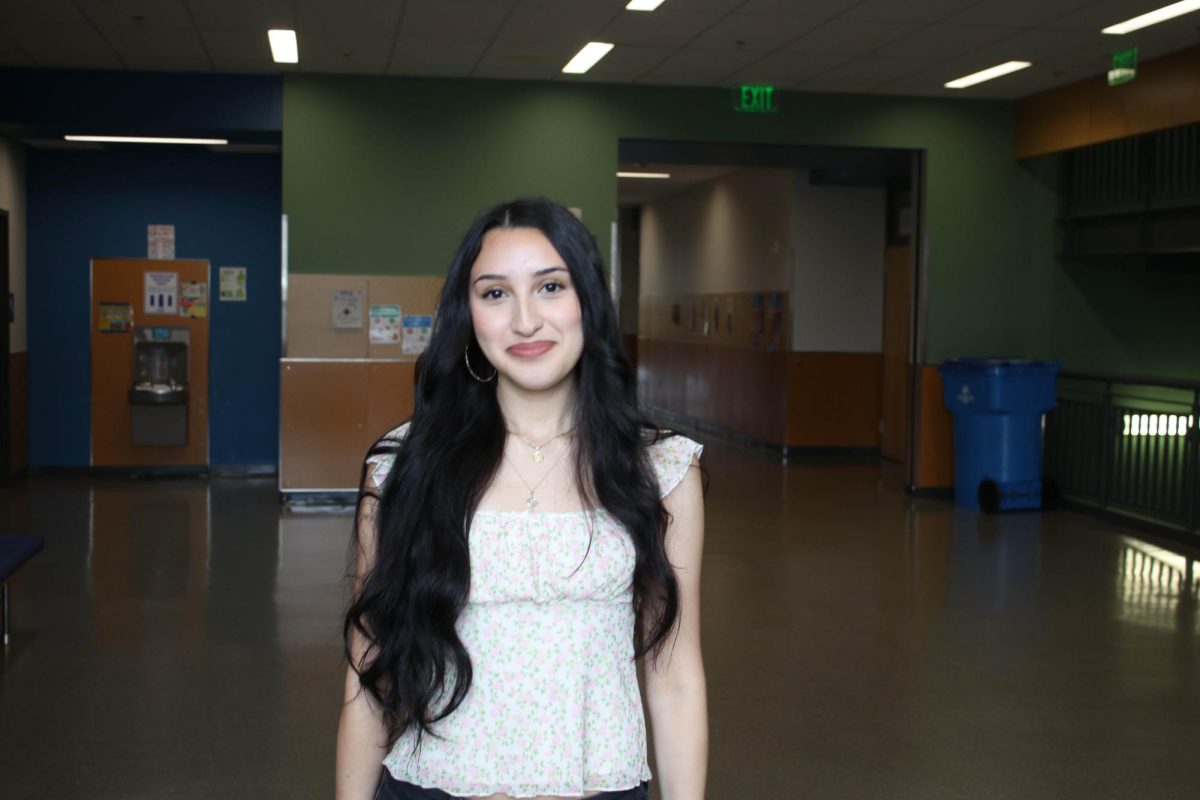Your teacher walks towards you while ChatGPT helps you from under your desk on your phone. You shove it into your pocket, crossing your fingers they didn’t see you. But why should these resources be hidden away at school? The answer: they shouldn’t be.
Sure, AI can be used for completing work without the use of a single brain cell, but it can also provide new ways of learning not taught in school. You can ask it to repeatedly clarify without coming across as an irritating individual who needs everything dumbed down. There are endless ways to gain inspiration for writing, or for figuring out the first step to a math problem.
Such resources shouldn’t be blocked on chromebooks to keep students from embracing their full academic potential. So what if an individual uses AI every day on math homework? This will result in them being unfamiliar with the content and failing the test, which is deserved. The responsible majority shouldn’t be restricted because of a couple of students’ ignorance.
There is also an aspect of fear that is associated with the uprising of AI, and the ‘taking over’ of the human race. Instead, we should embrace it. Are you scared of using AI to write your emails for work? It’s doubtful. Using AI less won’t stop the new generation of tech-savvy screenagers from using new resources to their advantage. In fact, the headline of this article was generated by ChatGPT (sue me), and it made coming up with a snazzy headline a whole lot easier.
There are clearly some downsides to using AI in schools, such as academic dishonesty, and perhaps lack of learning. Also, according to “AI- The Good, the Bad, and the Scary,” a 2023 online article published by Virginia Tech Engineer, AI can have a very negative impact on our decision making online. Although this is very true, we already have countless sources of this in our daily lives. From social media to poor choices in friends, we have daily encounters with things that could possibly influence our decision making negatively.
Something that should be heavily considered by teachers is providing specific types of AI to students to help them learn better at home and at school. This way, students have access to a resource that will improve familiarity with different topics, as well as enhance learning in general. Students won’t have the ability to cheat, but rather have another method of learning at their disposal.
The human race is taking a leap forward and, as skeptical as some may be, is making a positive change overall. Most problems surrounding AI could be reduced solely by having educated users. Schools should inform their students on AI in ways other than the typical “AI is terrible, the DEAN will be
called, blah blah blah.”
If we knew of the possible negative and positive outcomes of AI, then we could learn to use it responsibly and effectively. I’m not saying teachers should be replaced –they absolutely shouldn’t be– but I think we should use the resources available to us to do our best in and outside of school.








